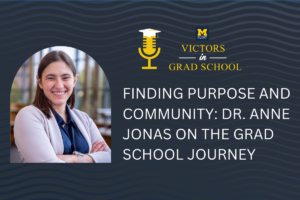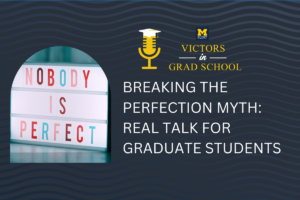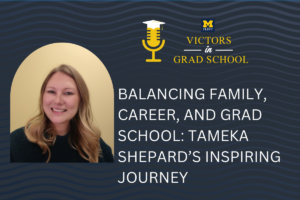As you prepare for the next step of your education and work toward enhancing your skills through obtaining a graduate degree, there are a number of things you need to think about as you prepare your application for submission. Most graduate programs try to be transparent about their process, but there still can be something of a veil of secrecy behind the college application review process.
In my years working in college admissions, I will try to demystify this process and give you some helpful hints.
When applying for graduate programs, most programs require different things but in general they will be looking for an:
- Application
- Application fee
- Official college transcripts
- Test scores (GRE, LSAT, MCAT or other such test if they are required)
- Personal Statement (most programs require some type of personal statement that talks about your reasons for wanting to study in the specific graduate program), and
- Letter of recommendations (many programs will require these and sometimes they are based on the specific academic area or career area that you are going into).
- Experience Hours (If you are looking to go into a health-related field many of them will require you to have a specific number of hours of clinical observation before you start within a program).
When preparing to apply to schools it is a good idea to have these seven things in your mind and organized so they are easy to retrieve. Doing this will lessen the burden and time that it takes when you do apply.
Most colleges/universities will have deadlines by which materials must be postmarked. Some make decisions on applications between certain dates. Some are “open,” accepting and making decisions on applications year-round. Check deadlines with colleges and make sure you meet those deadlines. Only after all materials are received can the admissions review begin.
The review process usually will constitute a thorough read by the academic program or centralized admissions office at the institution. The person or committee will look at everything you send and evaluate you on these materials. Each university/college has their own unique system that they use to evaluate students. Some use a point system where you will receive points for varying criteria such as academic rigor, GPA, test scores, etc. Many specialty schools such as Art Schools or MFA programs may require a portfolio, or audition before being considered for admission.
Review methods used by colleges or universities are veiled in secrecy. Little detail surfaces if you don’t ask. I advise you to ask about the particular review process that your program of choice uses. This will ease your confusion and tension and make you an information savvy consumer. Become informed and you won’t be sorry.





